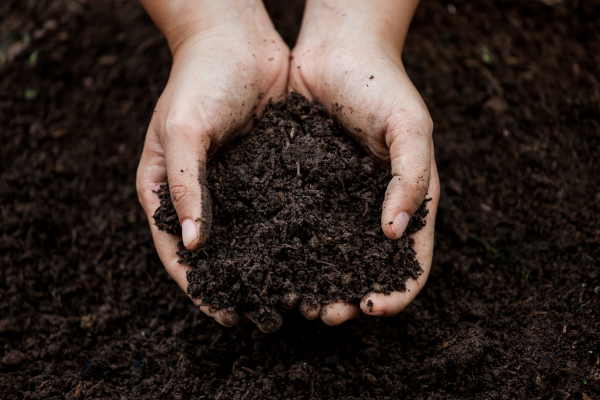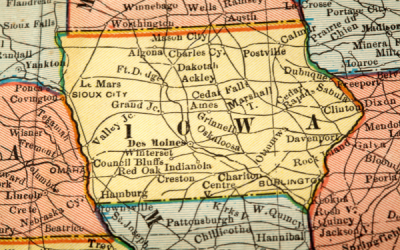SGN!
Some good news, or perhaps some surprising news.
As global temperatures have been on the rise, one might guess that soil moisture might be on the decline—but quite the contrary.
A recent study has found that between 2011 and 2020, soil across the continental U.S. was 57% wetter.
Make it make sense. A warmer atmosphere can hold more water vapor. When the atmosphere holds more water vapor it produces more precipitation.
This latest study from Harvard University illustrates that rainfall, not temperature, is the MVP in determining soil moisture changes.
CO2 fertilization helps. While warmer temperatures can dry soils out, CO2 fertilization has helped, as it encourages plants to become more efficient water users.
But this is secondary: precipitation is still the answer in the soil moisture equation.
Can we guarantee that soil moisture will continue to increase as temperatures rise?
Unfortunately it’s not that simple.
Soundbite: “With uncertainties in the interannual variability of rainfall and uncertainties in predictions of long-term rainfall, it’s virtually impossible to predict soil moisture in the coming decades.” — Harvard Professor Peter Huybers
Off the (Block)Chain
There’s nothing sus about tracking sustainability. An Argentinian company is making it easier for...
Bok Bok Buyout Back on Track?
Big chicken is reportedly on the verge of plumping up. And all the investors said, "It’s about...
A Pipeline Predicament
There’s a pipeline predicament in Iowa, and people aren’t happy about three proposed liquid carbon...




